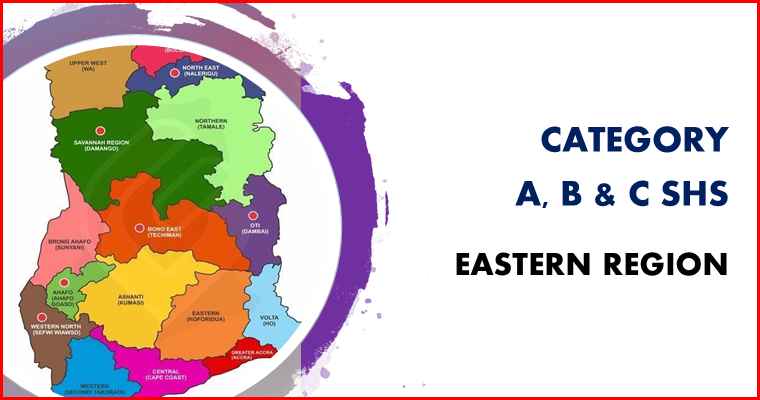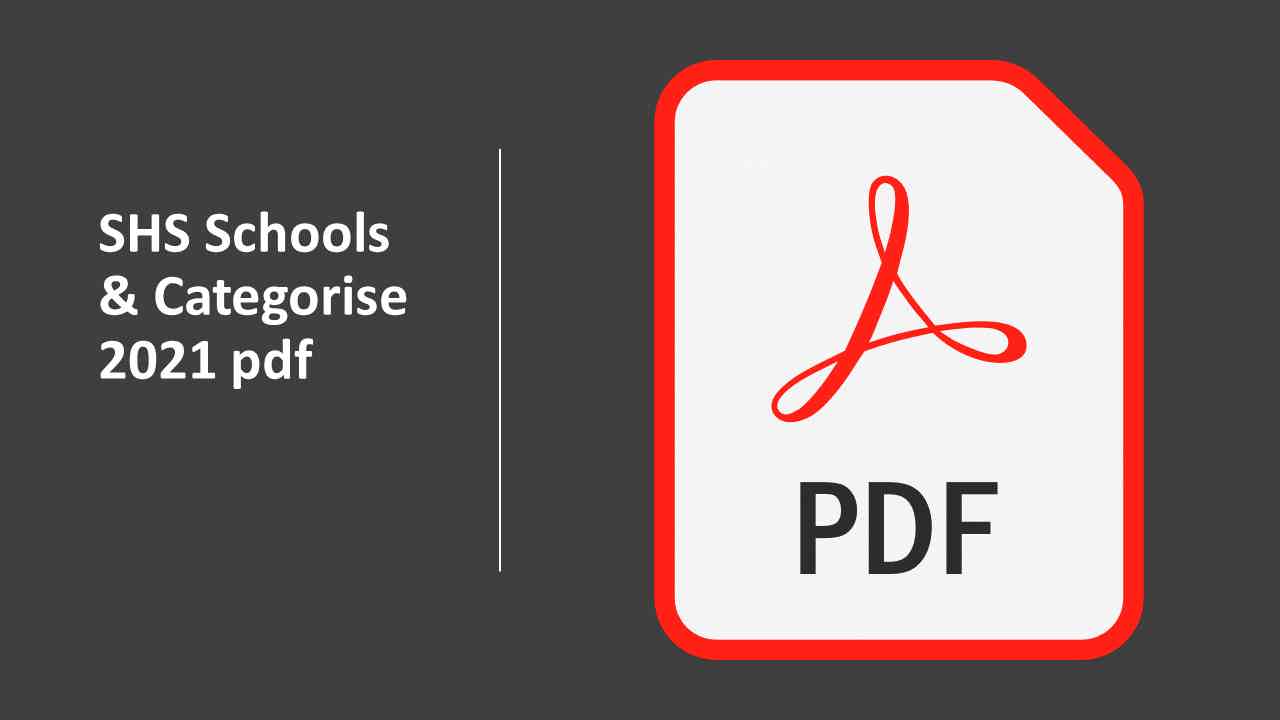A human resource management (HRM) degree can be applied to almost any organisation in any sector. It's a versatile qualification for dealing with hiring, training, development and general people skills
Job options
Jobs directly related to your degree include:
- Arbitrator
- Human resources officer
- Office manager
- Occupational psychologist
- Training and development officer
Jobs where your degree would be useful include:
- Business adviser
- Careers adviser
- Data scientist
- Higher education lecturer
- Life coach
- Management consultant
- Mediator
- Operational researcher
- Recruitment consultant
- Risk manager
- Sales executive
- Talent agent
- Trade union research officer
Work experience
You'll improve your chances of progressing in human resources (HR) by gaining work experience involving dealing with people in organisations.
Opportunities to develop your interpersonal skills are valuable so take on positions of responsibility. You should also embrace any chance to manage other people in a working or voluntary work environment. For example, dealing with organisational policies and procedures, training and coaching, observing disciplinary and grievance procedures or supervising other people will provide an excellent insight into HR processes.
Any office or administration role will also be useful and will allow you to see how an organisation works with its employees.
Typical employers
HRM graduates can access opportunities in many industries, as all major organisations will have an HR department. You can find opportunities in the NHS, local authorities, leisure and tourism, consultancy firms, production and manufacturing, education (including universities), engineering, media, banking and finance.
Skills for your CV
An HRM degree will give you many transferable skills including:
- written communication skills developed through writing essays
- oral communication skills gained through seminars and presentations
- interpersonal skills, including the ability to form good working relationships with people at all levels
- research and analytical skills with the ability to analyse and evaluate information quickly and accurately
- organisational and time management skills by prioritising tasks to ensure academic, social and work commitments are completed on time
- influencing and negotiation skills, developed through interactions with peers and staff
- commercial awareness skills in relation to organisations interacting with and managing people
- problem solving skills
- IT skills.








